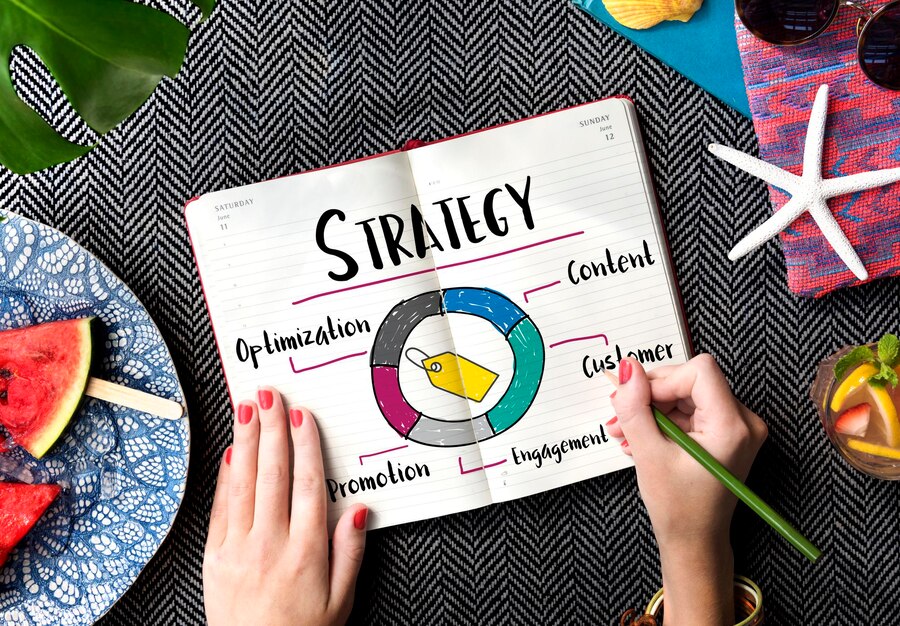Social media marketing is a crucial aspect of digital marketing that focuses on using social media platforms to promote products, services, or brands. Here’s a breakdown of key elements and strategies involved in social media marketing:
Platform Selection
Facebook: Ideal for broad audience reach and community engagement.
Instagram: Best for visual content, influencer partnerships, and targeting younger demographics.
Twitter: Suitable for real-time updates, news, and customer service interactions.
LinkedIn: Effective for B2B marketing, professional networking, and thought leadership.
YouTube: Essential for video content, tutorials, and long-form engagement.
Content Creation
Visual Content: High-quality images, graphics, and videos tailored to each platform.
Copywriting: Engaging, platform-specific text that resonates with the target audience.
Hashtags: Using relevant hashtags to increase content visibility and reach.
Audience Targeting
Demographics: Age, gender, location, interests, and behaviors.
Custom Audiences: Retargeting website visitors, email lists, or previous customers.
Lookalike Audiences: Targeting users similar to your best customers.

Paid
Advertising:
Ad Formats: Image ads, video ads, carousel ads, story ads, and sponsored posts.
Budget Management: Allocating ad spend based on campaign goals and performance.
A/B Testing: Experimenting with different ad creatives, copy, and targeting strategies.


Engagement & Community Management
Monitoring: Tracking mentions, comments, and messages to respond promptly.
Interaction: Engaging with followers through likes, shares, and replies.
User-Generated Content: Encouraging customers to create and share content about your brand.
Analytics
&
Reporting
- Metrics: Tracking KPIs like engagement rate, reach, impressions, clicks, and conversions.
- Tools: Using social media analytics tools (e.g., Facebook Insights, Instagram Analytics, Google Analytics) to measure performance.
- Reporting: Providing regular reports on campaign performance and ROI.

Influencer Marketing
Collaboration: Partnering with influencers who align with your brand to promote products
Content Co-Creation: Developing content that resonates with both the influencer’s and your brand’s audience.
Measurement: Tracking the impact of influencer partnerships on brand awareness and sales.
Strategies
Content Calendar: Planning and scheduling posts to maintain consistency.
Storytelling: Using narratives to build emotional connections with your audience.
Contests & Giveaways: Running promotions to increase engagement and attract new followers.
Live Streaming: Leveraging live videos for real-time engagement and announcements.

